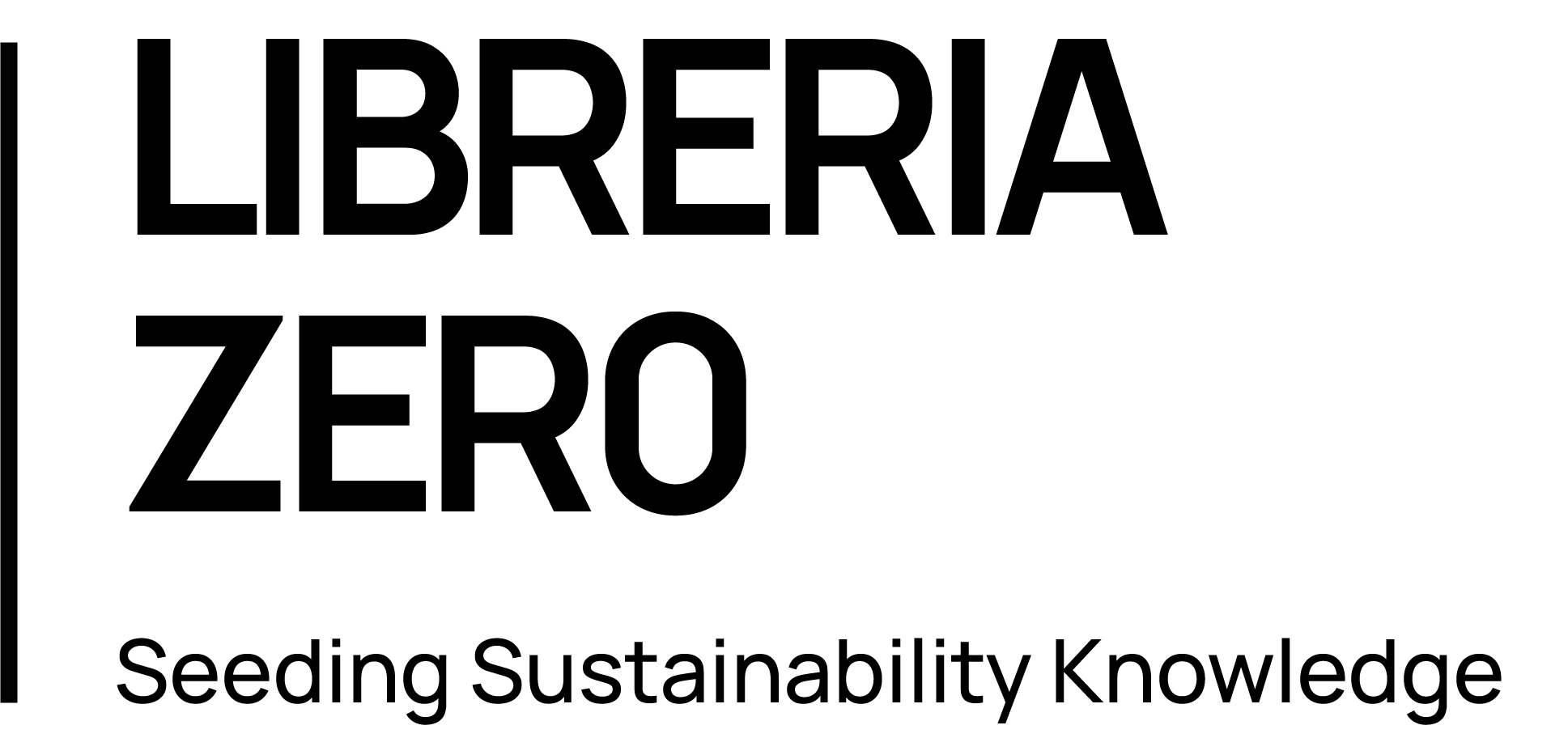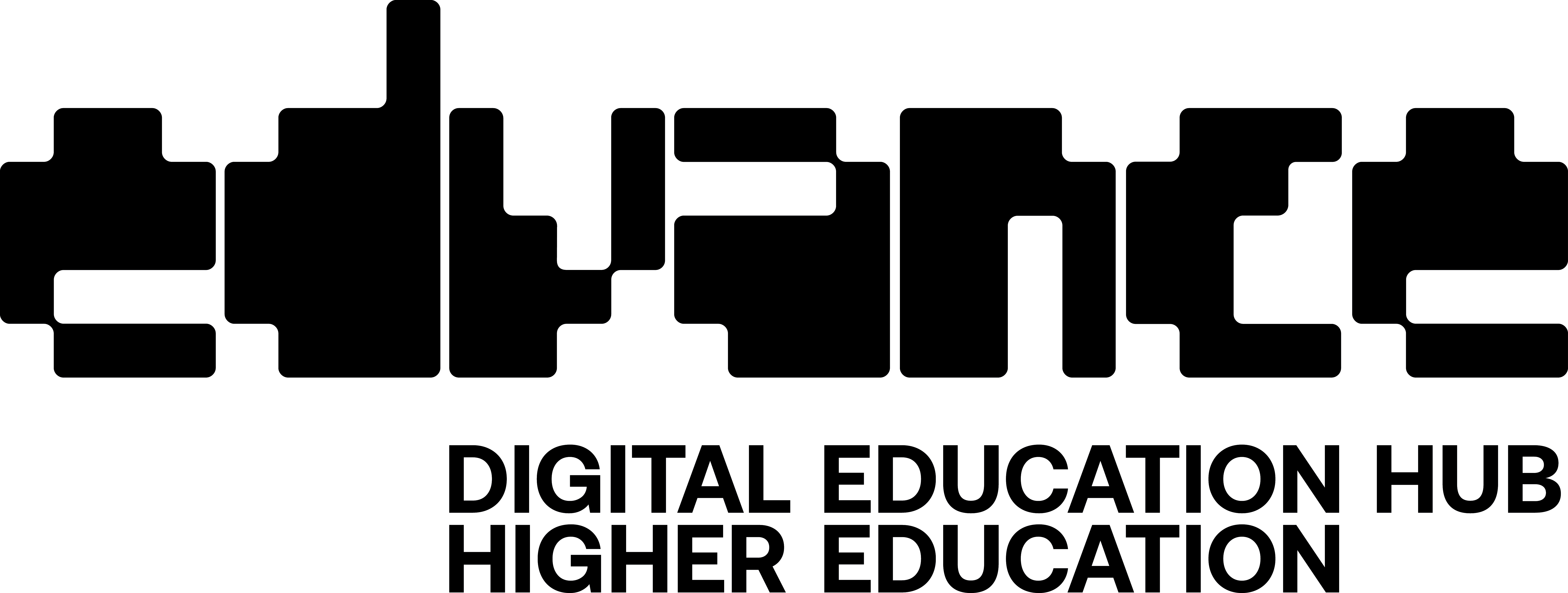Ethics of Artificial Intelligence
Ethics of Artificial Intelligence
How to reflect on the ethical, social, and cultural impact of AI and to apply ethical frameworks to problems created, aggravated or transformed by AI.
This MOOC is part of Libreria Zero, the digital library of modular educational resources developed by Politecnico di Milano to support students on a path to awareness and competence on sustainability and sustainable development issues.


Course description
The MOOC deals with the ethical issues created, aggravated or transformed by AI. It is intended to give students a chance to reflect on the impact of AI on ethical, social and cultural aspects by focusing on the issues faced by and brought about by professionals in AI and information technologies. The MOOC will address these topics by means of case studies and examples analyzed by using the main ethical frameworks.
Total workload of the course: 8 h
This MOOC is provided by Politecnico di Milano.
Introduction to Artificial Intelligence Series
This MOOC is one of the MOOCs of the series titled “Introduction to Artificial Intelligence”, aimed at providing technical and non-technical, including historical and political, notions on artificial intelligence. The series investigates why artificial intelligence is nowadays considered the most disruptive enabling technologies up to at least 2050 and gives basic groundings for a preliminary approach to the area. It also deepens ethical issues and national strategies.
See the full seriesThis MOOC was produced as part of the Edvance project – Digital Education Hub per la Cultura Digitale Avanzata. The project is funded by the European Union – Next Generation EU, Component 1, Investment 3.4 “Didattica e competenze universitarie avanzate".






Intended Learning Outcomes
By actively participating in this MOOC, you will achieve different intended learning outcomes (ILOs).
- Acquire a broad perspective on the ethical impacts and societal implications of AI.
- Learn how to recognize and analyze ethical and social issues inherent in AI.
- Be able to understand how technical problems are connected to a social dimension within a socio-technical perspective.
- Be able to use critical skills in clarifying and ethically analyzing case-studies involving AI technologies.
- Be better prepared for professional life in an ethically and socially responsible way.
Prerequisites
No prerequisites are required: however a general knowledge of what AI is and its techniques might be useful to better understand the relationship between technical and ethical issues.
Activities
Over and above consulting the content, in the form of videos and other web-based resources, you will have the opportunity to discuss course topics and to share ideas with your peers in the Forum of this MOOC.
Section outline
-
-
-
In this Week you will be able to understand the reasons for an ethical analysis applied to AI and how the notion of responsibility is challenged when designing and using AI tools.
-
In this Week you will acquire a broad perspective on the ethical and social impacts and implications of AI and information technologies. You will learn how to recognize and analyze ethical and social issues inherent in AI by means of examples and case-studies approached with the use of the main ethical frameworks.
-
In this Week you will be able to analyze problems through an ethical lens, and you will be able to use critical skills in clarifying and ethically analyzing AI in different domains of life.
-
In this Week you will be able to analyze ethical aspects of AI from the perspective of the Trustworthy AI framework and to be acquainted with the current philosophical debate on fairness and explainability in AI.
-
-
-
Video transcripts Folder
-
Bibliography Page
-
Assessment
Your final grade for the course will be based on the results of your answers to the assessed quizzes. You have an unlimited number of attempts at each quiz, but you must wait 15 minutes before you can try again. You will have successfully completed the course if you score 60% (or higher) in each one of the assessed quizzes. The maximum score possible for each quiz is given at the beginning of the quiz. You can view your score in the quiz on your last attempt or on the 'Grades' page.
Certificate
You can achieve a certificate in the form of an Open Badge for this course, if you reach at least 60% of the total score in each one of the assessed quizzes and fill in the final survey.
Once you have completed the required tasks, you will be able to access ‘Get the Open Badge’ and start issuing the badge. Instructions on how to access the badge will be sent to your e-mail address.
The Badge does not confer any academic credit, grade or degree.
Information about fees and access to materials
You can access the course completely online and absolutely free of charge
Course faculty

Viola Schiaffonati
Viola Schiaffonati is Professor of Logic and Philosophy of Science at the Department of Electronics, Information and Bioengineering of Politecnico di Milano. She holds a PhD in Philosophy of Science and a master degree in Philosophy. She is an external faculty member of the Diplomatische Akademie in Vienna (Austria) and has been visiting professor in different European universities. She has been senior Digital Humanism Fellow at IWM in Vienna (2024), Ermete Fellow at the University of Stuttgart (2022), visiting scholar at TU Delft (2016), Stanford University (2005) and University of California Berkeley (2000-2001). Viola Schiaffonati’s research interests lie at the intersection of philosophy of science and technology and computer engineering. Her current research focuses on the following themes: the epistemological and ethical aspects of AI, ML, robotics and digital technologies; the investigation on the nature and role of experiments in computer engineering; the philosophical analysis of AI related risks.

Giacomo Zanotti
Giacomo Zanotti is a postdoctoral researcher in philosophy of science and technology at the Politecnico di Milano, in the Department of Electronics, Information and Bioengineering. He holds a PhD in Cognitive Neuroscience and Philosophy of Mind from IUSS Pavia. His research interests lie at the intersection of the philosophy of AI, the philosophy of science, and the philosophy of cognitive science. In particular, his current research investigates the issue of trust and trustworthiness in AI, AI related risk and uncertainty, as well as foundational issues concerning machine intelligence and consciousness.

Stefano Canali
Stefano Canali is junior assistant professor at the Department of Electronics, Information and Bioengineering of Politecnico di Milano. Stefano primarily works in philosophy of science and medicine, with a focus on role of data, digital technologies, and machine learning in knowledge production and their ethical and social implications. Before Politecnico, he was a postdoc at the Institute of Philosophy of Leibniz Universität Hannover, did his PhD as a member of the Bielefeld-Hannover Graduiertenkolleg 2073, and studied at the Science and Technology Studies Department of University College London and the Department of Philosophy of the University of Milan.

Camilla Quaresimini
Camilla Quaresmini is a PhD student in Science, Technology and Policy for Sustainable Change at the Department of Electronics, Information and Bioengineering of Politecnico di Milano. She earned a Degree in Philosophy at Alma Mater Studiorum, Università di Bologna and a Master’s Degree in Philosophical Sciences at Università degli Studi di Milano. She works on formal methods to address fairness in AI systems. Her current research concerns the formalization of epistemic injustice in the context of opinion dynamics.
Contact details
If you have any enquiries about the course or if you need technical assistance please contact pok@polimi.it. For further information, see FAQ page.